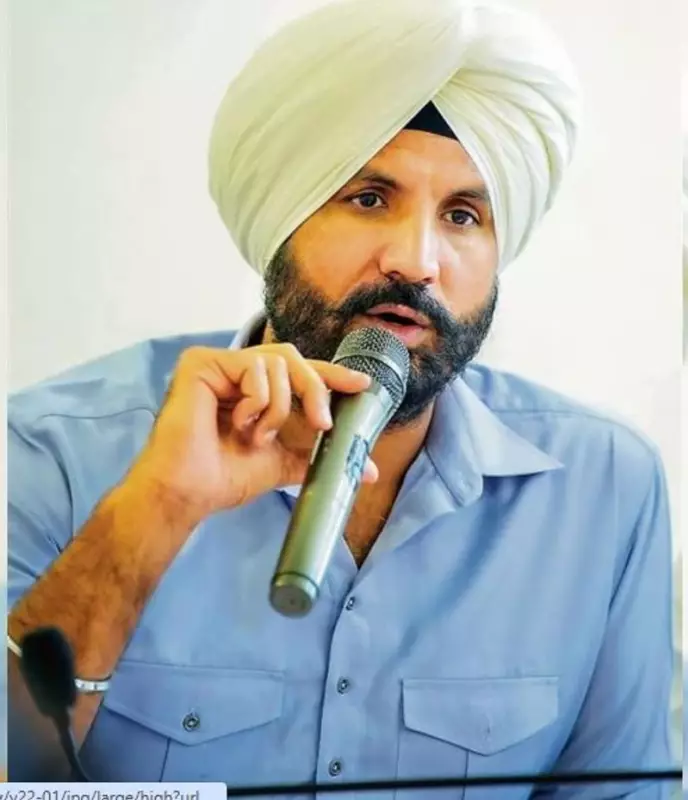
In a strong display of political solidarity, the Punjab Congress has thrown its weight behind Mohammad Mustafa, the state's appointed candidate, putting to rest speculation about internal divisions within the party.
The controversy erupted when senior Congress leader Harish Rawat Warring made statements that were interpreted by some as critical of Mustafa's appointment. However, Warring has since clarified his position, emphasizing his unwavering support for the party's decision and leadership.
Unity Above All
The Punjab Congress leadership has made it clear that they stand united behind Mustafa, viewing the recent developments as an attempt to create unnecessary controversy. Party insiders reveal that there's complete consensus on supporting the appointed candidate, with no room for dissent or disagreement.
"The party speaks with one voice on this matter," a senior Congress functionary stated. "Any attempts to portray differences within our ranks are completely baseless and politically motivated."
Warring's Clarification
Harish Rawat Warring, in his recent statements, has categorically denied any disagreement with the party's position. He emphasized that his comments were taken out of context and that he remains committed to the Congress party's decisions and leadership.
"There is no question about our support for Mustafa or the party's decisions," Warring asserted. "We are completely aligned with the leadership and working together to strengthen the party in Punjab."
Political Implications
This show of unity comes at a crucial time for the Congress party in Punjab, where political dynamics have been increasingly competitive. The firm backing of Mustafa signals the party's determination to present a united front and avoid any internal conflicts that could weaken their position.
Political analysts suggest that this episode demonstrates the Congress party's ability to quickly address and resolve potential internal disagreements before they escalate into major crises.
The party leadership has urged workers and supporters to ignore what they term as "mischievous interpretations" of internal discussions and focus on the larger political objectives ahead.





